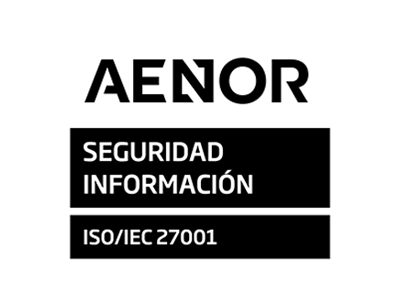How To Solve the Time Crunch in Medical Writing with AI
June 23rd 2023

Are you a medical writer constantly racing against the clock, wishing for more hours in the day to manage your workload? Have you ever considered the transformative potential of Artificial Intelligence to help you in your role? It’s no secret that in medical writing time is precious and deadlines are demanding. Yet, many professionals in our field are still unaware of the power that AI holds in addressing these challenges.
In an age where information overload is the norm and time is always at a premium, being able to quickly gather and process complex medical data is critical. Medical writing, as a field, can significantly benefit from the adoption of emerging artificial intelligence tools. Despite some apprehensions, AI has the potential to streamline research, enhance editing, and automate various aspects of writing tasks. This post will guide you on how to leverage AI to not just keep up with, but to excel in the fast-paced medical writing arena, providing insights on how to use AI to solve the ‘time crunch’ in your everyday work. Dive in to discover how AI can augment your work.
The Time Crunch in Medical Writing
Medical writers are no strangers to time constraints. The need to swiftly analyze vast volumes of data, decipher complex scientific literature, format documents as per strict guidelines, and proofread meticulously often creates a time crunch. This time pressure often affects the quality of writing, leading to rushed analysis, overlooked errors, and inconsistent formatting. Consequently, there is a growing need for solutions that can effectively tackle these challenges.
AI has demonstrated tremendous potential in the healthcare sector, with applications ranging from patient diagnosis to drug discovery. For medical writing, AI can be a transformative tool, capable of speeding up data analysis, improving language quality, and automating time-consuming tasks. With AI’s capabilities to learn, reason, and self-correct, it is poised to significantly streamline the process of medical writing, increasing both efficiency and effectiveness.
How AI Can Alleviate Time Constraints
1. Rapid Research
AI systems can process and analyze data at rates incomparable to human capabilities. By swiftly sifting through extensive databases, scientific literature, and clinical trial data, AI can extract crucial information in a fraction of the time, freeing medical writers to focus more on crafting narratives rather than spending valuable time on manual research.
2. Speedy Summarization
AI algorithms have the capability to condense extensive documents into key insights, allowing medical writers to quickly grasp complex concepts and research findings. This tool helps reduce the hours spent on intensive reading and analysis, thus saving valuable time.
3. Intelligent Editing
AI-powered proofreading tools go beyond traditional spell-check functions. They not only catch grammatical and spelling errors but also suggest stylistic improvements, thereby enhancing the quality of the write-up while saving time on manual revisions.
4. Language Enhancement
AI-driven language models can refine the writing process by suggesting contextual improvements, providing synonyms, and ensuring adherence to specific style guides. This reduces time spent on proofreading and editing, and also enhances the overall quality of the work.
5. Automated Formatting
Complying with various formatting requirements can be a tedious process. AI tools can automate this, ensuring consistent formatting, citation styles, and reference management, thereby freeing up time for more critical tasks.
6. Translation and Localization
Medical writers often need to work with global teams and cater to diverse audiences. AI-powered translation tools can help streamline communication and localize content for different markets, overcoming language barriers in an efficient manner.
Practical Steps to Implement AI in Medical Writing
Despite the numerous benefits, apprehension towards AI in the medical writing community remains. Common fears include the potential loss of jobs and the depersonalization of the writing process. However, it’s crucial to acknowledge that AI is not here to replace human writers but to enhance their capabilities. Therefore, it’s useful for medical writers to gain a deeper understanding of how to utilize AI as a tool to empower their work and free up time for more creative, high-value work. Professionals can do so by keeping up to date with tools and resources for AI adoption.
Adopting AI into your workflow may seem daunting, but with a wide array of user-friendly AI resources available today, the transition can be made smoother. AI tools such as automated proofreading software, AI-powered literature review platforms, and automated formatting tools can be gradually incorporated into the medical writing process. Education about AI capabilities, functionalities, and ethical considerations is a crucial step toward the successful implementation of AI in medical writing.
Conclusion
AI has rapidly transformed numerous industries, and medical writing is no exception. Given the enormous amount of data we deal with daily, and the constant pressure to deliver high-quality content in a limited timeframe, the integration of AI tools is a strategic move. Despite the apprehensions, the benefits of AI far outweigh the concerns. By embracing AI, we can elevate our work, become more productive, and ultimately contribute to the advancement of medical science in a more meaningful way. The future of medical writing, it appears, will be penned with AI.
Find out how our AI-powered smart medical writing solution can help you.
Ready to see what we can do for you?
In the right hands, artificial intelligence can take human performance to a hitherto unimaginable level. Are you ready for evolution?




